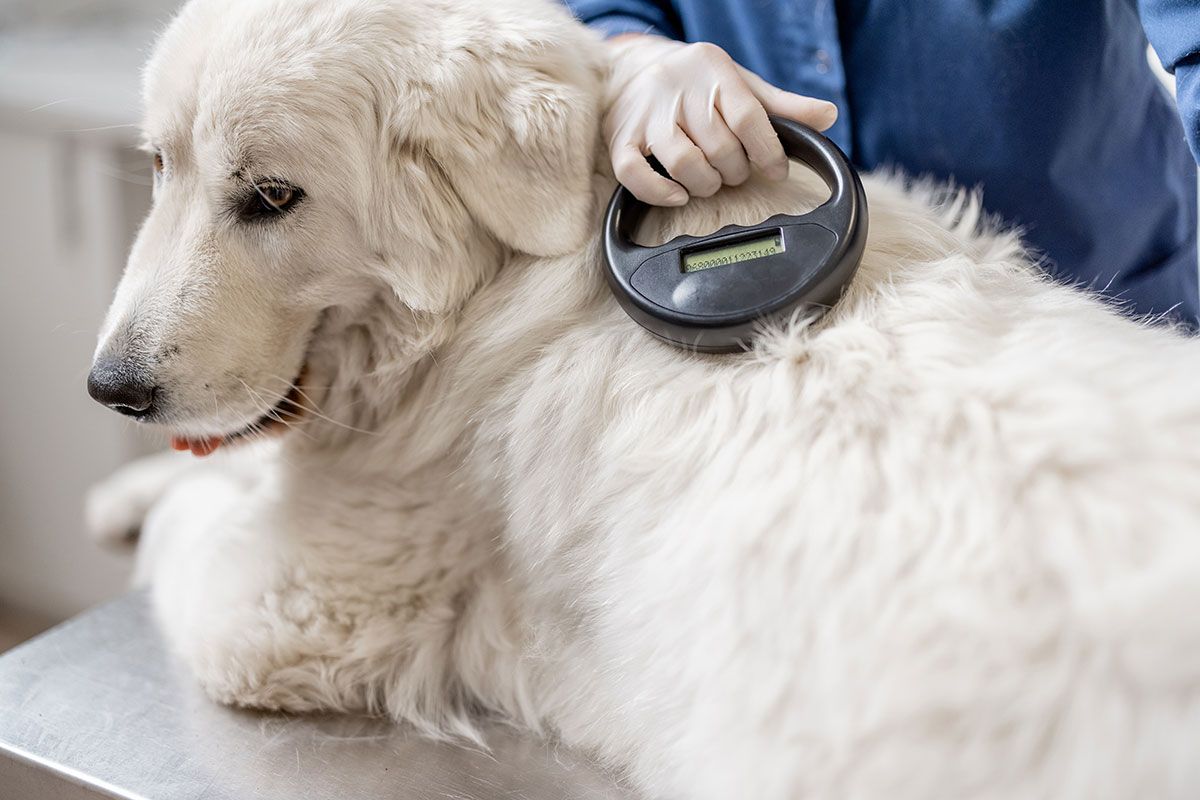National Pet Microchipping Month: Uncovering the Hidden Challenges
June marks National Pet Microchipping Month in the UK—a time dedicated to raising awareness about the importance of microchipping our beloved pets. While microchipping has proven invaluable in reuniting lost animals with their owners, it’s essential to shed light on the challenges and issues that can arise, particularly for dog owners.

The Promise and Pitfalls of Microchipping
Microchipping is a legal requirement for dogs in the UK, mandated since April 2016. Despite this, the percentage of microchipped dogs has seen a decline, dropping from 93% in 2017 to 87% in 2024 . This decrease raises concerns about awareness and compliance among pet owners.
One significant issue is the failure to keep contact details up to date. Even if a dog is microchipped, outdated information can hinder the reunification process. Petlog, a leading UK pet microchipping database, emphasises that many lost pets cannot be returned to their owners due to incorrect or outdated contact details .
Technical Challenges: When Microchips Fail
While microchips are generally reliable, technical problems can occur. In rare cases, microchips may migrate from their original implantation site, making them difficult to locate during scanning. Additionally, some microchips can fail over time, rendering them unreadable . Regular veterinary check-ups can help ensure that microchips remain functional and correctly positioned.
Human Factors: Awareness and Responsibility
Beyond technical issues, human factors play a crucial role in the effectiveness of microchipping. A study revealed that 62% of cat owners were unaware of the database their pet’s microchip was registered on. While this statistic pertains to cats, it underscores a broader issue of owner awareness and responsibility that likely extends to dog owners as well.
Furthermore, the emotional toll of losing a pet cannot be overstated. The distress experienced by owners when a pet goes missing is exacerbated when microchipping fails to facilitate a reunion due to outdated information or technical failures.
Regional Insights: The Role of Local Initiatives
In regions like North Essex and South Suffolk, local initiatives play a vital role in promoting responsible pet ownership. Poop Patrol, a community-focused organisation operating in these areas, emphasises the importance of not only cleaning up after pets but also ensuring their safety through proper microchipping practices.
Conclusion
While microchipping remains a cornerstone of pet safety and identification, it’s not without its challenges. Technical issues, such as chip migration or failure, combined with human factors like outdated contact information, can impede the reunification of lost pets with their owners. As we observe National Pet Microchipping Month, it’s imperative for dog owners to not only microchip their pets but also regularly verify the functionality of the chip and ensure that their contact details are current.
Poop Patrol encourages all pet owners to take proactive steps in safeguarding their pets. After all, isn’t it better to address potential microchipping problems now than to face the heartache of a lost pet later?
Contact Us
Whilst we might not be able to help with your microchipping needs, Poop Patrol is here to help you keep your gardens and outside spaces clean and free of dog poop! For more information on any of our services, either call 0800 148 8088 or complete the form below: